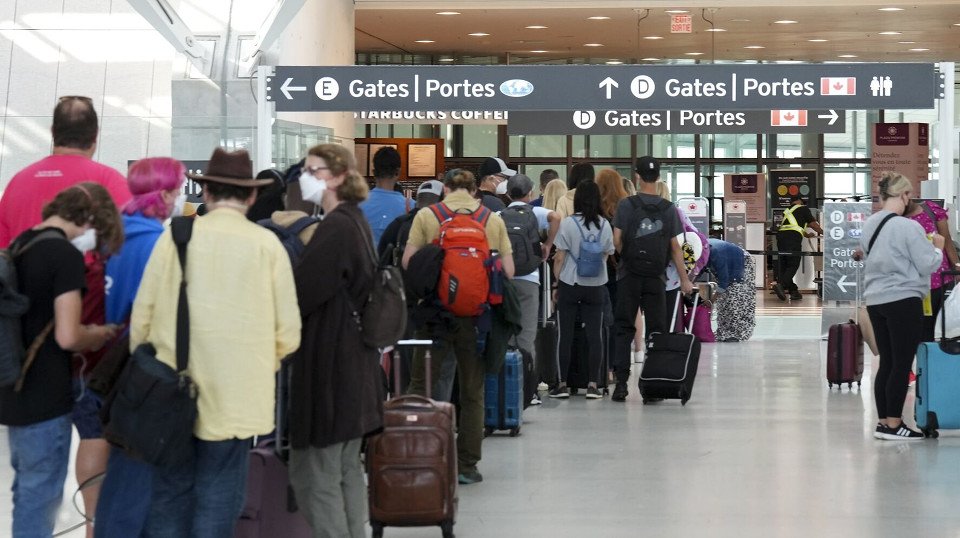Businesses do not have hands; they act through their employees. When an employee’s conduct causes losses for customers, the business may be held liable. Striking employees are no exception. If a company fails to deliver contracted goods or services, it is responsible for compensating its customers. After all, managing the labour force is a core responsibility of running a business.
However, in Canada in 2025, when an airline’s employees go on strike, it is often the stranded passengers who are left footing the bill for a cascade of unforeseen expenses, including additional meals, telecommunications, and last-minute accommodation, to mention just a few.
This troublesome state of affairs is thanks to Canada’s Air Passenger Protection Regulations, which indiscriminately deems all flight disruptions caused by any labour disruption — whether internal or external to an airline — as outside the airline’s control, treating them in much the same way as bad weather. This language also sows confusion about airlines’ obligations to passengers when flights are cancelled as a result of business decisions within the airline’s control, such as a lockout or pre-emptive cancellation of flights prior to employees walking off the job as is the case with Air Canada.
This is just one of the many made-in-Canada loopholes of the Air Passenger Protection Regulations that favours airlines over passengers. In sharp contrast, the European Union recognizes that employee strikes are a routine part of business operations and not an extraordinary circumstance. As such, airlines are not exempt from their obligations to provide meals and accommodation or compensation to passengers left stranded by such disruptions. Similarly, under the Montreal Convention — an international treaty that governs the rights of passengers travelling internationally — an airline may be held liable for passengers’ out-of-pocket expenses and losses incurred in such circumstances.
By 2023, Canadian lawmakers recognized that the shortcomings of the Air Passenger Protection Regulations were untenable and a parliamentary committee unanimously recommended harmonizing the categorization of flight disruptions with the European regulatory framework. Later that year, Parliament amended the Canada Transportation Act to create the legal scaffolding for revamping the regulations accordingly.
Yet, more than two years after a public consultation in August 2023 and a draft revision published in December 2024, the government has failed to implement any revision of the regulations, and passengers continue to suffer the consequences.
Unfortunately, passengers caught in the Air Canada labour dispute would not fare much better even if the government would have implemented its proposed regulatory revisions. These changes do little more than repackage existing loopholes, continuing to classify most flight disruptions as “exceptional circumstances” and there by absolving airlines of responsibility. As the government candidly acknowledged, more than one-half (53 per cent) of flight delays and more than two-thirds (69 per cent) of flight cancellations fall in this category.
The Air Canada labour dispute is just the latest proof that the status quo is untenable, and a radical revision of the Air Passenger Protection Regulations is needed. Without revamping the Air Passenger Protection Regulations, the air travel woes of the past and the present will continue to be the norm in Canada.
It is high time Canada adopt the EU’s gold standard of passengers’ rights.
Source: The Star, August 18, 2025
Dr. Gábor Lukács is the president of Air Passenger Rights, Canada’s independent, nonprofit organization of volunteers working to make the travelling public aware of its rights and capable of enforcing them. In March 2025, Air Passenger Rights submitted a 29-page report entitled “Analysis of the Proposed Amendments to Canada’s Air Passenger Protection Regulations” to the Canadian Transportation Agency.


